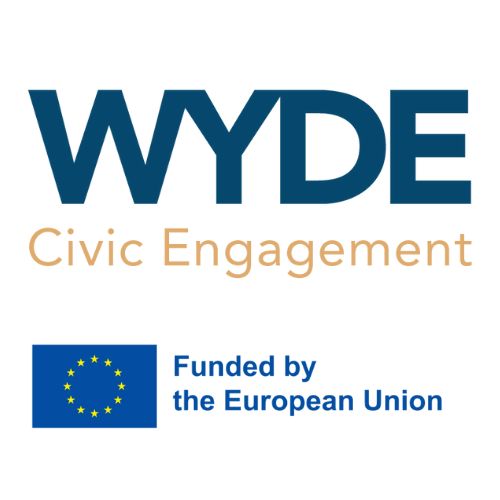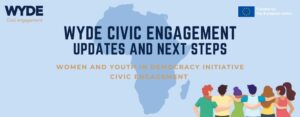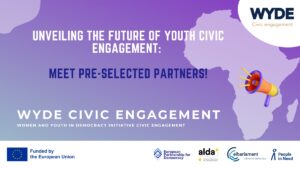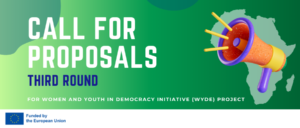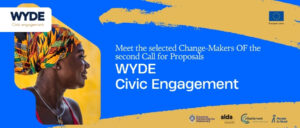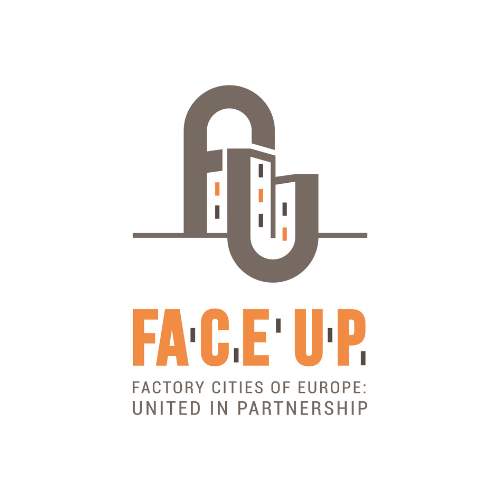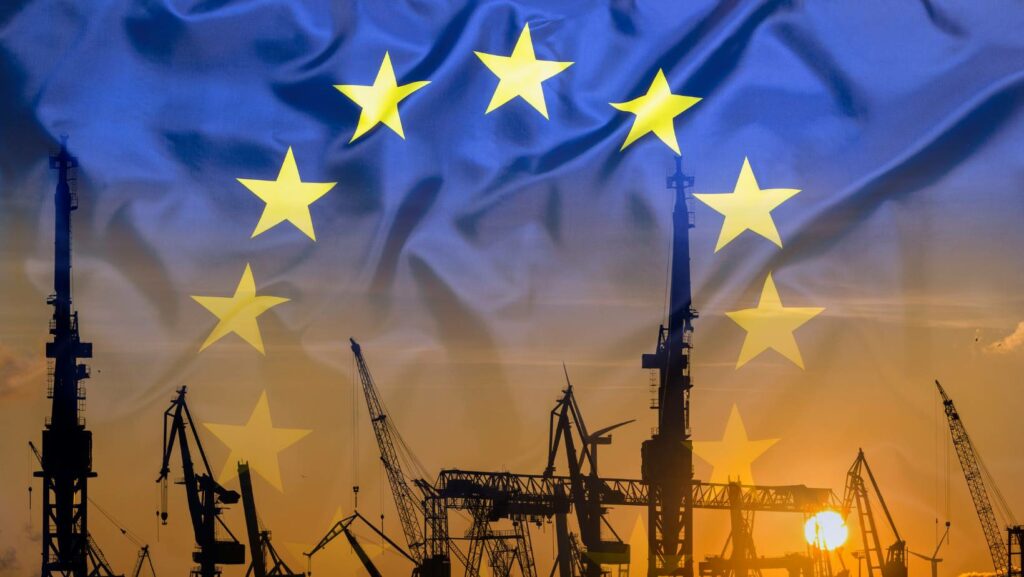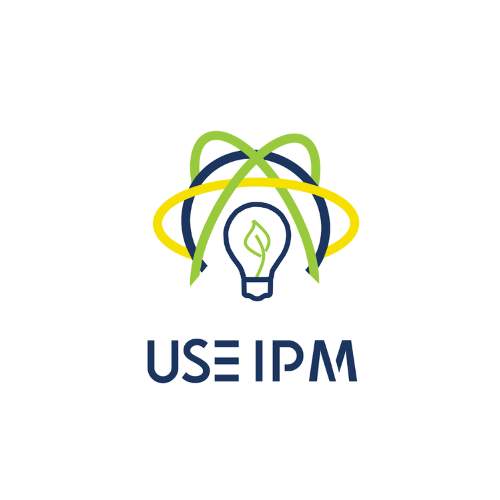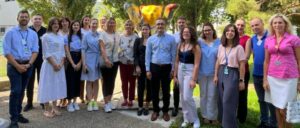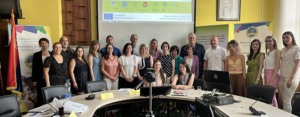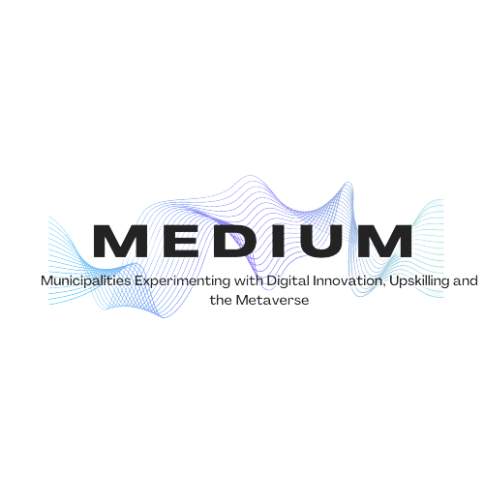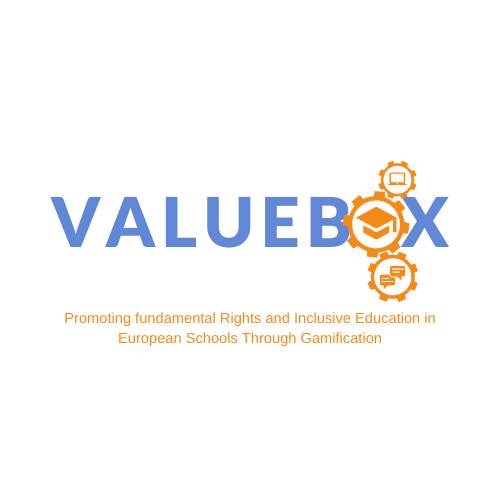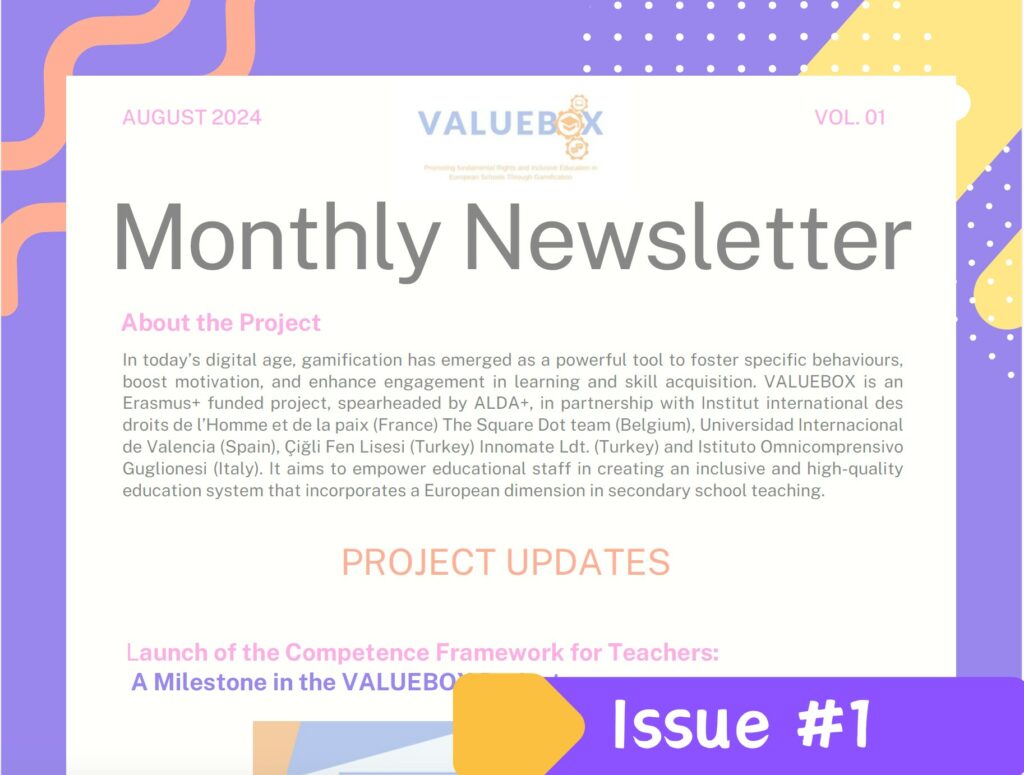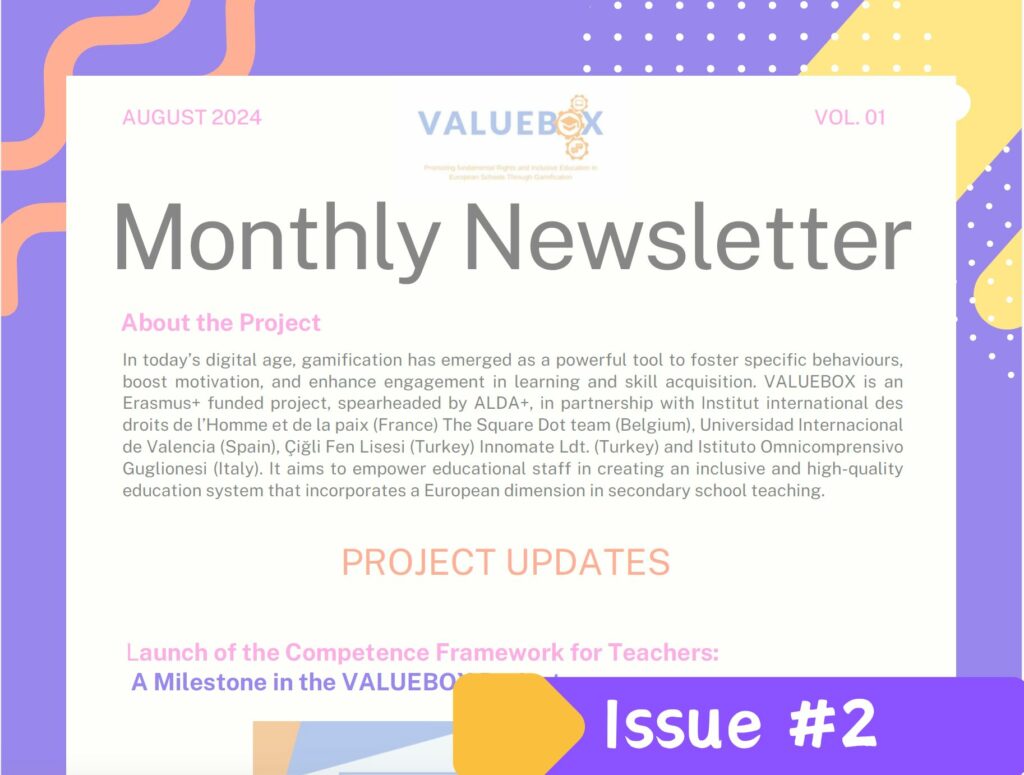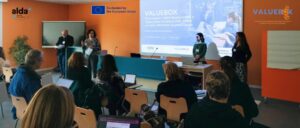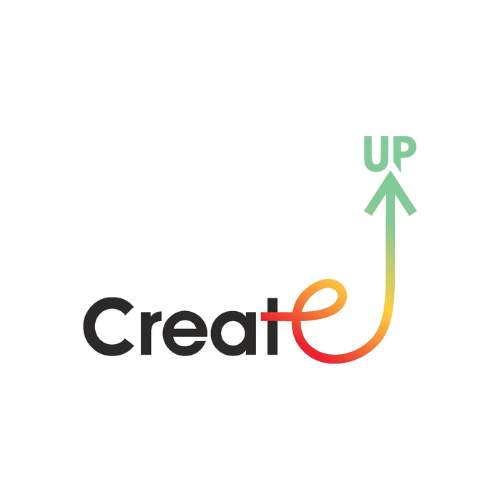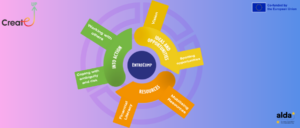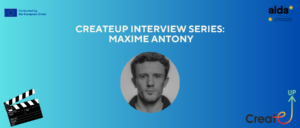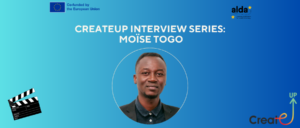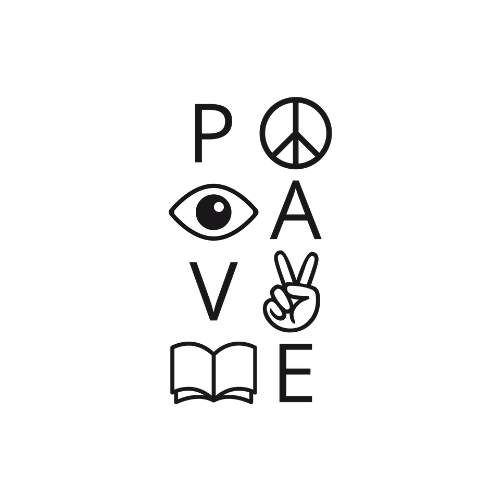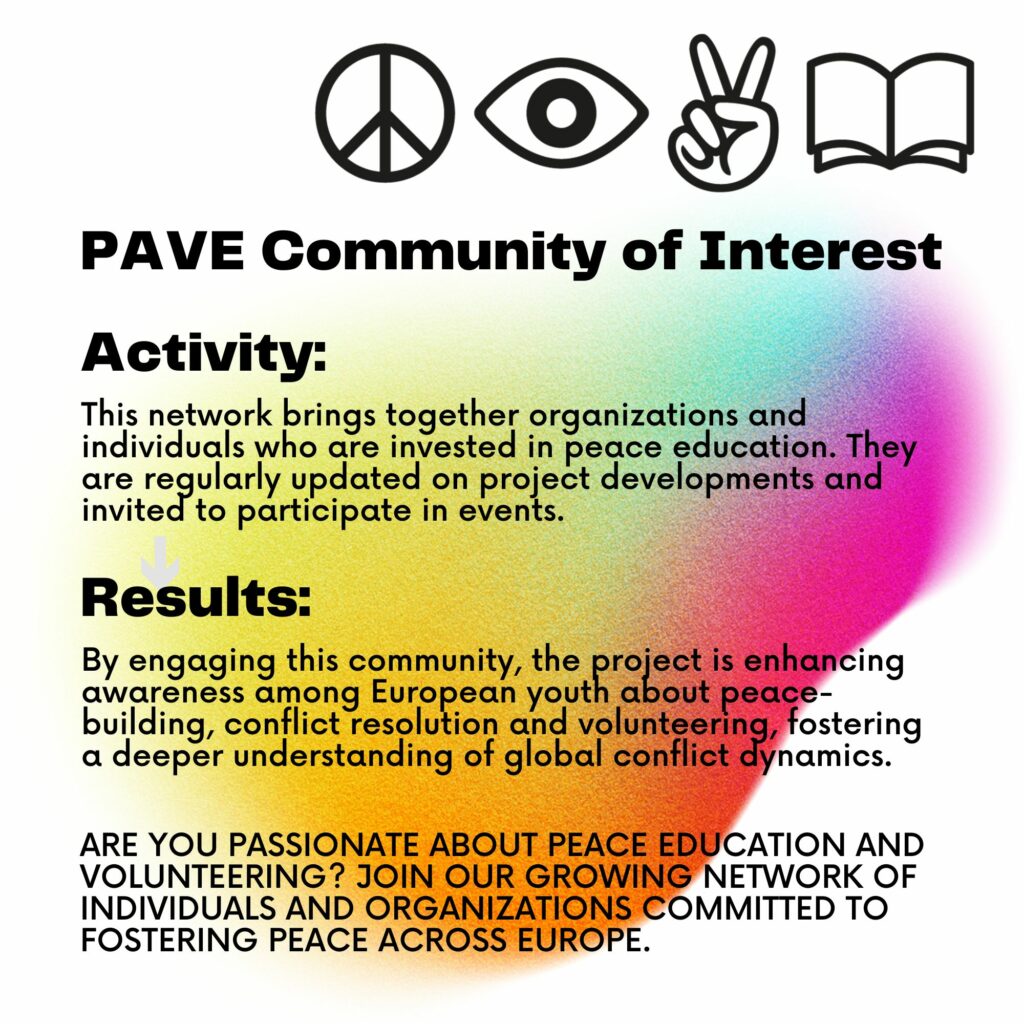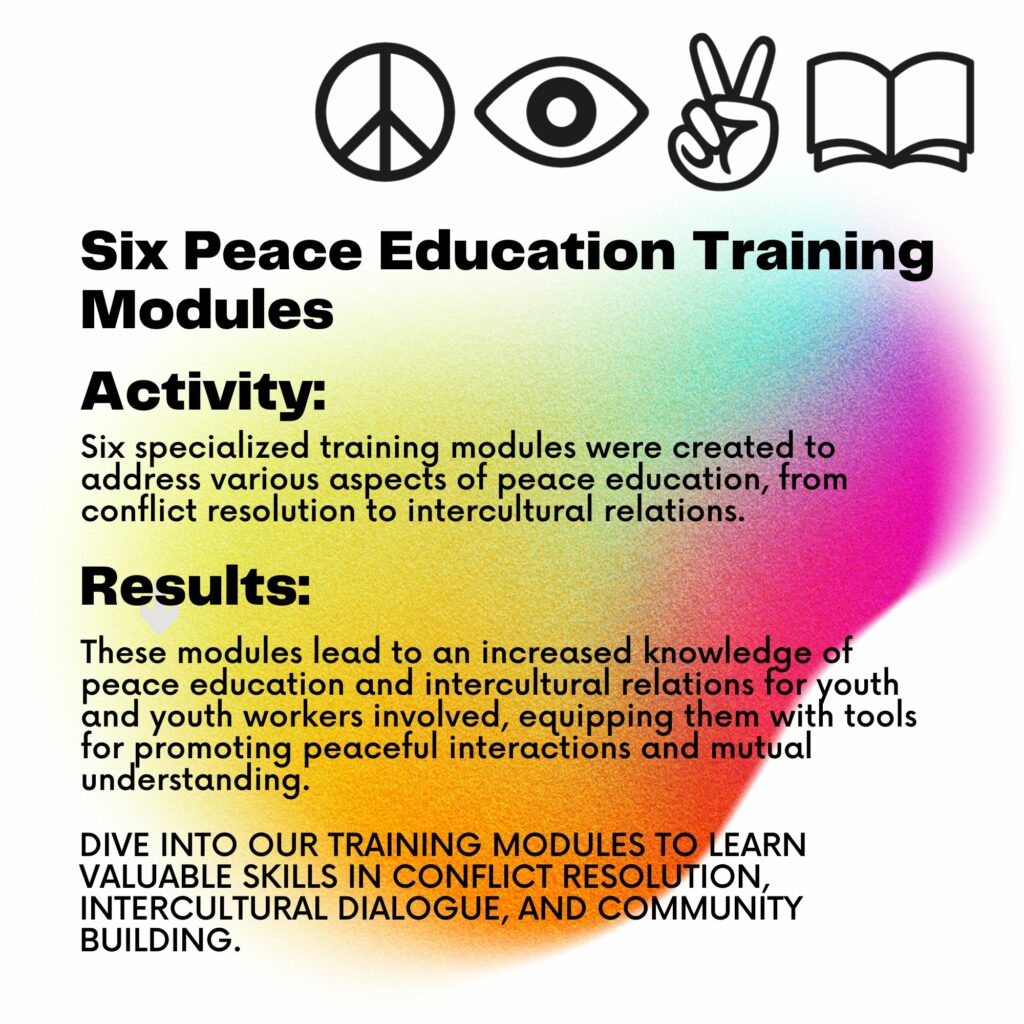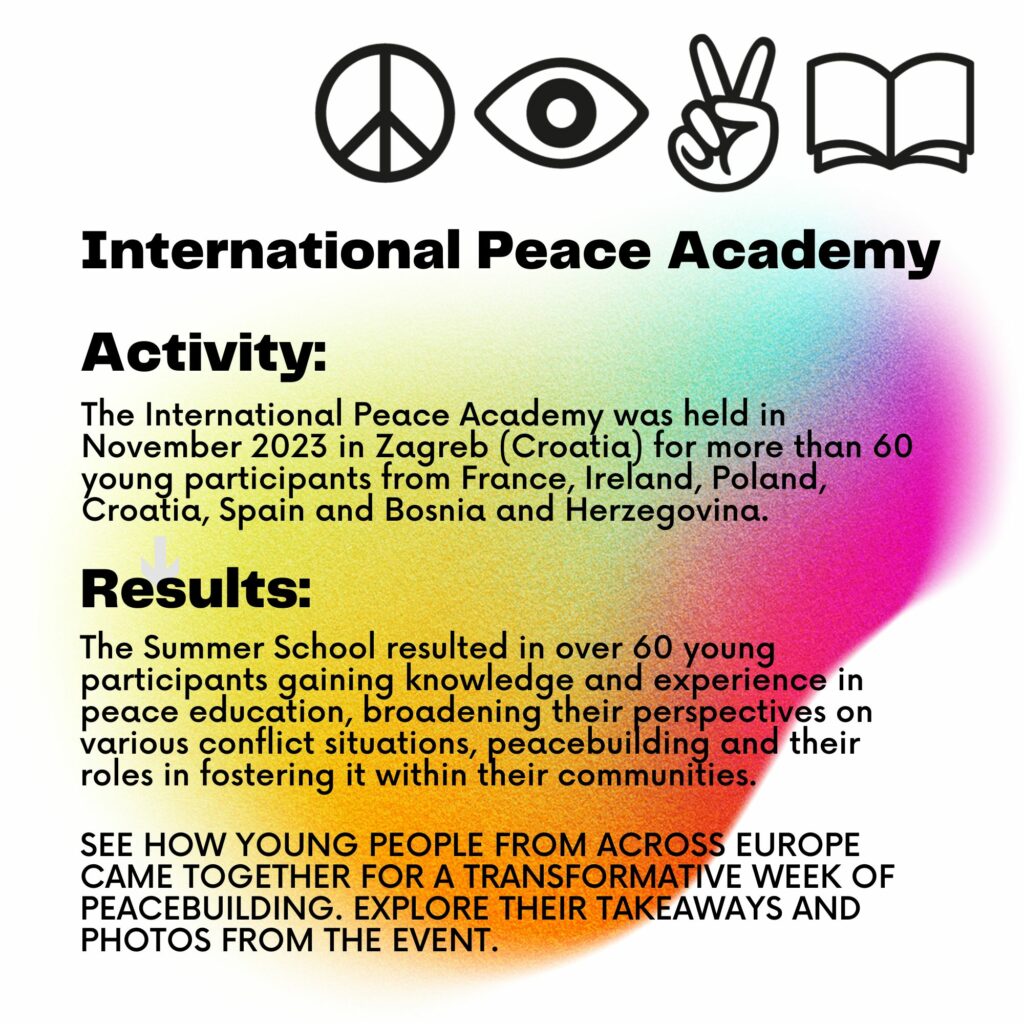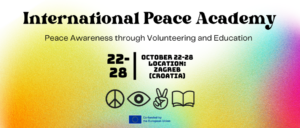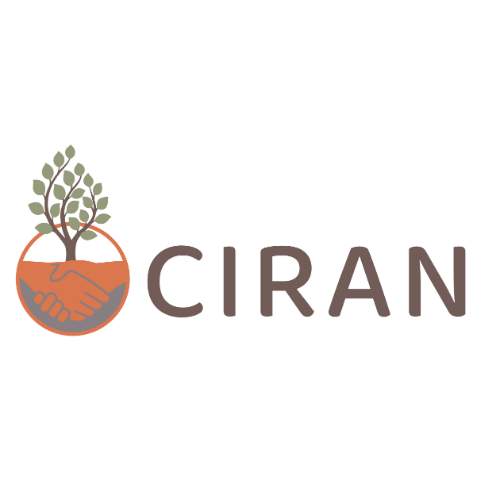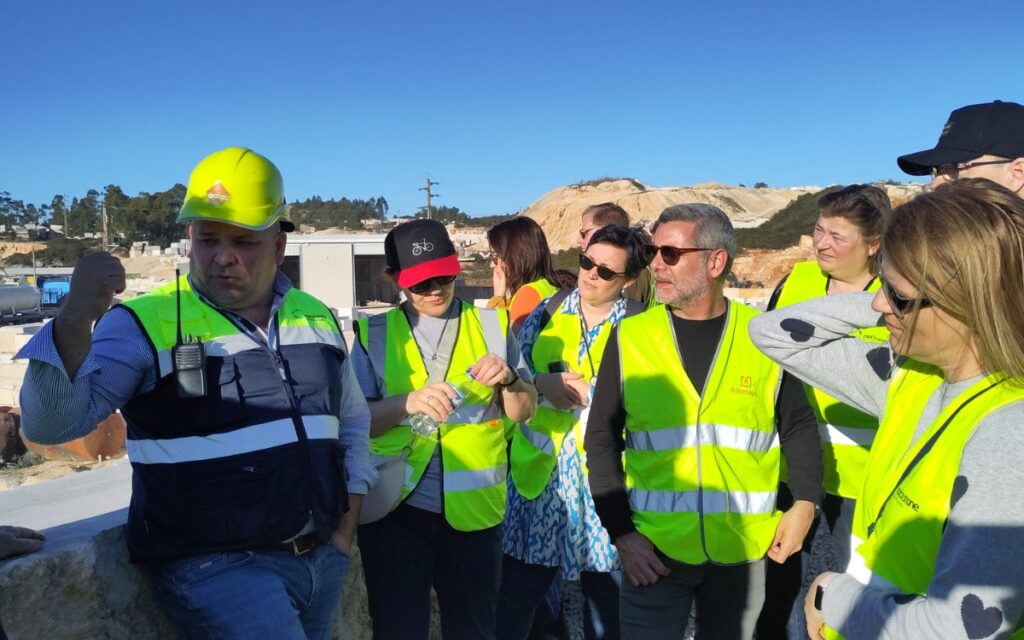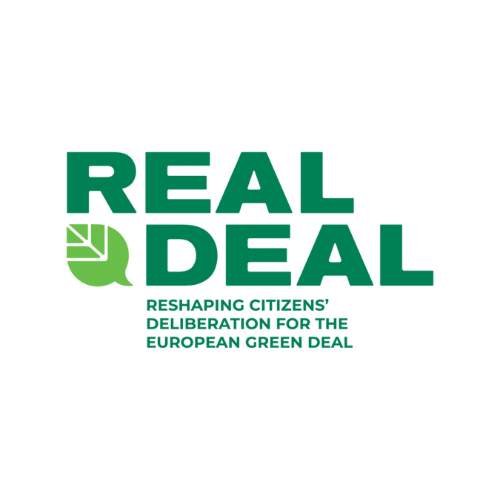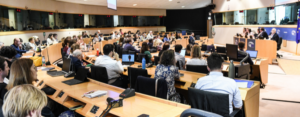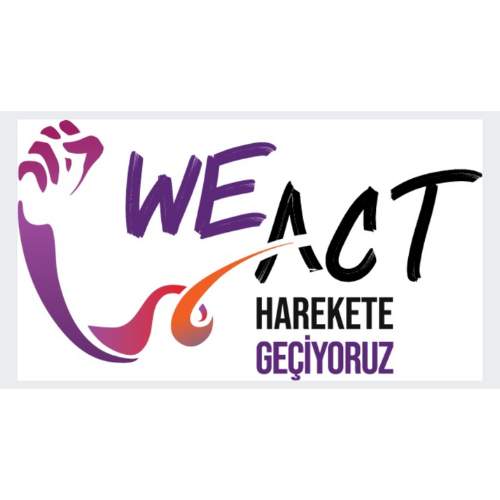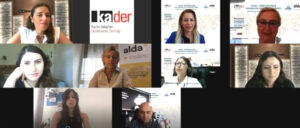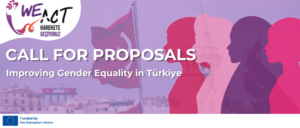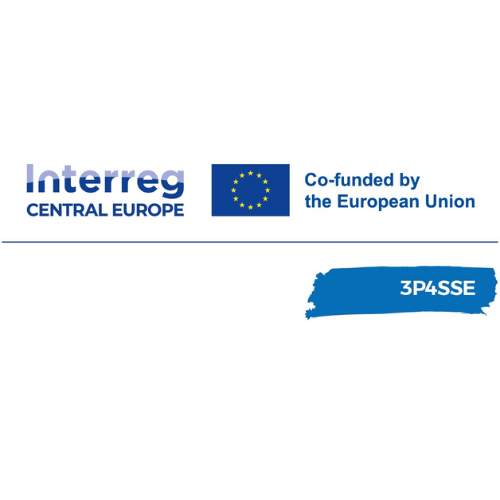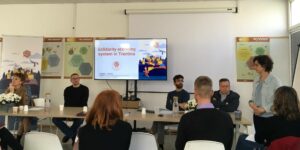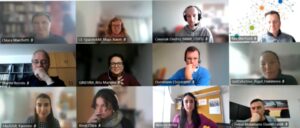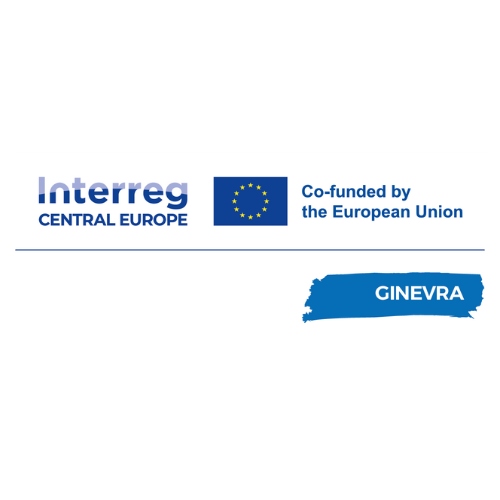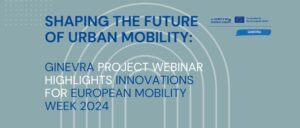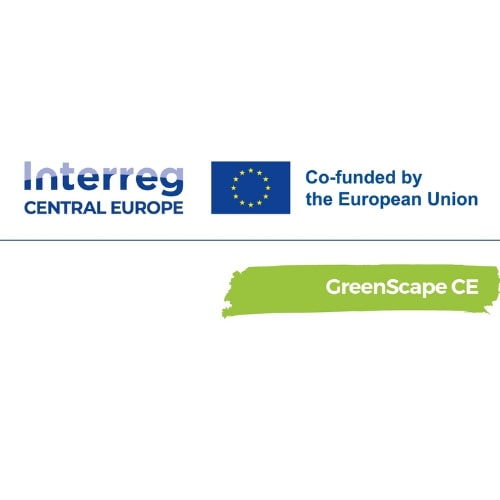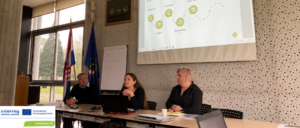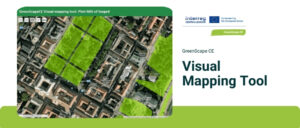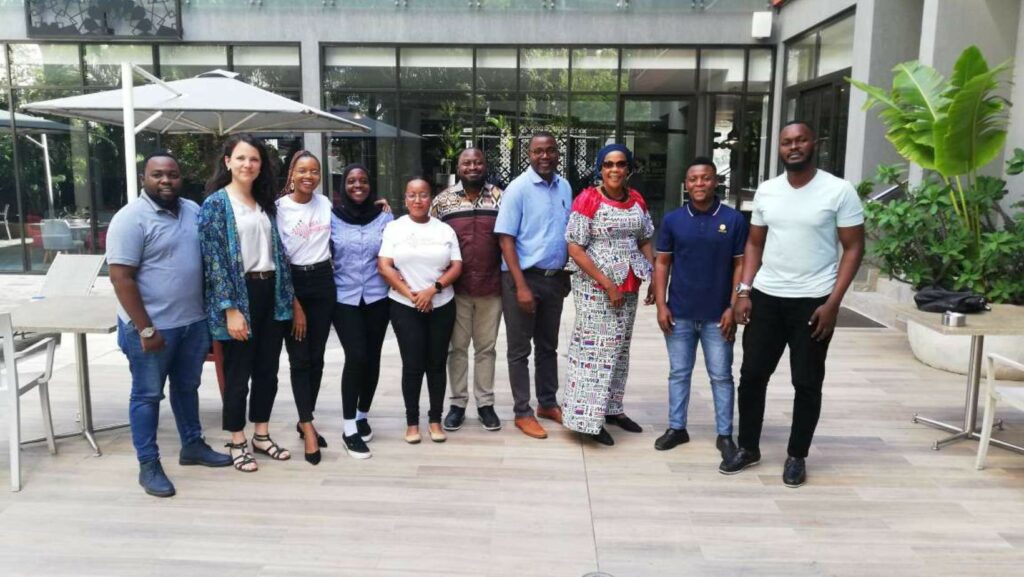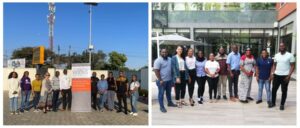Eager to be part of a transformative event that promises to shape the future of European democracy? We invite you to join us in Strasbourg (France), from September 26 to 29, 2023, for “Road to the 2024 European elections: Exploring European Institutions through Study Visits and ALDA’s Events”. As the city houses the Council of Europe, it holds a unique position in shaping European policies and practices.
Participation is open to a diverse range of individuals and groups, including French and international NGOs, Local Authorities, associations of Local Authorities, committed Local Democracy Agencies (LDAs), passionate activists, and engaged citizens mainly based in Strasbourg, including ALDA’s member network and, especially, from the following countries: Spain, Belgium, Austria, Slovenia, Slovakia, Bulgaria, Romania, Croatia, Estonia, Lithuania, Ireland, Luxembourg, Finland, Czech Republic.
This inclusive approach underscores the event’s dedication to fostering collaboration and empowering local democracy advocates.
Discover all the exciting details and secure your spot by clicking here. Let’s forge a path to a brighter democratic future together. Accommodation and travel costs are covered according to ALDA’s guidelines!
Participate in the “Road to the 2024 EU elections” event to shape the future of European Democracy!
The event will take place within the framework of “Local democracy responding to global challenges – an alliance between local authorities and civil society at the heart of a Europe of rights” an ambitious project, which operates as part of the three-year contract “Strasbourg, European Capital 2021-2023” and is funded by five institutions dedicated to strengthening democracy, stimulating citizen participation, and promoting good governance. These institutions are: the Bas-Rhin Prefecture, the Grand Est Region, the European Community of Alsace, the City of Strasbourg, and the Strasbourg Eurometropole.
At its core, this event is driven by two paramount objectives that intertwine to shape the future of European democracy. Firstly, it seeks to strengthen the bedrock of European principles and values, including democracy and active citizenship, with a laser focus on the local level. Through dynamic cooperation and the exchange of invaluable experiences, the aim is to enrich the very tapestry of European democracy.
Secondly, this event serves as a platform to further cement Strasbourg’s standing as a true European capital of democracy and an open forum for robust democratic discourse. Strasbourg’s influence on European democracy is poised to expand, solidifying its central role in shaping the trajectory of European democracy on both local and global fronts. Together, we forge the path toward a future where Strasbourg’s influence knows no bounds in the realm of European democracy.
What are you waiting for? Register here!
The event will be held in ENG () with possibility of translation to FR (
Eager to be part of a transformative event that promises to shape the future of European democracy? We invite you to join us in Strasbourg (France), from September 26 to 29, 2023, for “Road to the 2024 European elections: Exploring European Institutions through Study Visits and ALDA’s Events”. As the city houses the Council of Europe, it holds a unique position in shaping European policies and practices.
Participation is open to a diverse range of individuals and groups, including French and international NGOs, Local Authorities, associations of Local Authorities, committed Local Democracy Agencies (LDAs), passionate activists, and engaged citizens mainly based in Strasbourg, including ALDA’s member network and, especially, from the following countries: Spain, Belgium, Austria, Slovenia, Slovakia, Bulgaria, Romania, Croatia, Estonia, Lithuania, Ireland, Luxembourg, Finland, Czech Republic.
This inclusive approach underscores the event’s dedication to fostering collaboration and empowering local democracy advocates.
Discover all the exciting details and secure your spot by clicking here. Let’s forge a path to a brighter democratic future together. Accommodation and travel costs are covered according to ALDA’s guidelines!
Participate in the “Road to the 2024 EU elections” event to shape the future of European Democracy!
The event will take place within the framework of “Local democracy responding to global challenges – an alliance between local authorities and civil society at the heart of a Europe of rights” an ambitious project, which operates as part of the three-year contract “Strasbourg, European Capital 2021-2023” and is funded by five institutions dedicated to strengthening democracy, stimulating citizen participation, and promoting good governance. These institutions are: the Bas-Rhin Prefecture, the Grand Est Region, the European Community of Alsace, the City of Strasbourg, and the Strasbourg Eurometropole.
At its core, this event is driven by two paramount objectives that intertwine to shape the future of European democracy. Firstly, it seeks to strengthen the bedrock of European principles and values, including democracy and active citizenship, with a laser focus on the local level. Through dynamic cooperation and the exchange of invaluable experiences, the aim is to enrich the very tapestry of European democracy.
Secondly, this event serves as a platform to further cement Strasbourg’s standing as a true European capital of democracy and an open forum for robust democratic discourse. Strasbourg’s influence on European democracy is poised to expand, solidifying its central role in shaping the trajectory of European democracy on both local and global fronts. Together, we forge the path toward a future where Strasbourg’s influence knows no bounds in the realm of European democracy.
What are you waiting for? Register here!
The event will be held in ENG () with possibility of translation to FR (
Eager to be part of a transformative event that promises to shape the future of European democracy? We invite you to join us in Strasbourg (France), from September 26 to 29, 2023, for “Road to the 2024 European elections: Exploring European Institutions through Study Visits and ALDA’s Events”. As the city houses the Council of Europe, it holds a unique position in shaping European policies and practices.
Participation is open to a diverse range of individuals and groups, including French and international NGOs, Local Authorities, associations of Local Authorities, committed Local Democracy Agencies (LDAs), passionate activists, and engaged citizens mainly based in Strasbourg, including ALDA’s member network and, especially, from the following countries: Spain, Belgium, Austria, Slovenia, Slovakia, Bulgaria, Romania, Croatia, Estonia, Lithuania, Ireland, Luxembourg, Finland, Czech Republic.
This inclusive approach underscores the event’s dedication to fostering collaboration and empowering local democracy advocates.
Discover all the exciting details and secure your spot by clicking here. Let’s forge a path to a brighter democratic future together. Accommodation and travel costs are covered according to ALDA’s guidelines!
Participate in the “Road to the 2024 EU elections” event to shape the future of European Democracy!
The event will take place within the framework of “Local democracy responding to global challenges – an alliance between local authorities and civil society at the heart of a Europe of rights” an ambitious project, which operates as part of the three-year contract “Strasbourg, European Capital 2021-2023” and is funded by five institutions dedicated to strengthening democracy, stimulating citizen participation, and promoting good governance. These institutions are: the Bas-Rhin Prefecture, the Grand Est Region, the European Community of Alsace, the City of Strasbourg, and the Strasbourg Eurometropole.
At its core, this event is driven by two paramount objectives that intertwine to shape the future of European democracy. Firstly, it seeks to strengthen the bedrock of European principles and values, including democracy and active citizenship, with a laser focus on the local level. Through dynamic cooperation and the exchange of invaluable experiences, the aim is to enrich the very tapestry of European democracy.
Secondly, this event serves as a platform to further cement Strasbourg’s standing as a true European capital of democracy and an open forum for robust democratic discourse. Strasbourg’s influence on European democracy is poised to expand, solidifying its central role in shaping the trajectory of European democracy on both local and global fronts. Together, we forge the path toward a future where Strasbourg’s influence knows no bounds in the realm of European democracy.
What are you waiting for? Register here!
The event will be held in ENG (🇬🇧) with possibility of translation to FR (🇫🇷).
